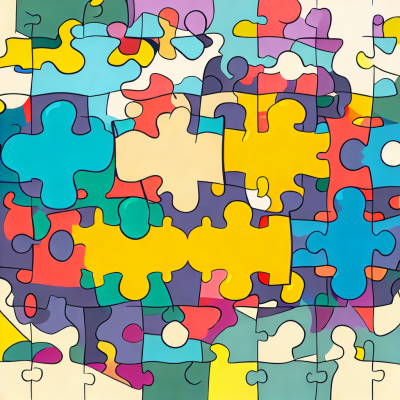Hey there! Have you ever wondered about the differences between regression and correlation? These two terms are often used in statistics and data analysis, but they represent distinct concepts. Let’s dive in and explore regression and correlation to understand how they differ and what they can tell us about relationships between variables.
Regression and correlation both deal with the relationship between two variables, but they approach it from different angles. Regression focuses on predicting one variable based on another, while correlation examines the strength and direction of the relationship between two variables without making predictions.
To illustrate this, let’s consider a scenario where you’re interested in studying the relationship between study time and exam scores. Regression analysis would help you build a model that predicts a student’s exam score based on the amount of time they spend studying. You could use regression to estimate how much an increase in study time influences exam scores. For example, you might find that for every additional hour of studying, a student’s score tends to increase by a certain amount.
On the other hand, correlation analysis would tell you how closely study time and exam scores are related, without making any predictions. It measures the strength and direction of the linear relationship between the two variables, ranging from -1 to +1. A positive correlation means that as study time increases, exam scores also tend to increase. A negative correlation indicates that as study time increases, exam scores tend to decrease. A correlation close to zero suggests that there is little to no relationship between the variables.
Let’s bring in a real-life example to further illustrate the difference. Imagine you’re a researcher investigating the relationship between temperature and ice cream sales. Regression analysis would enable you to build a model that predicts ice cream sales based on temperature. You could estimate how much a 1-degree increase in temperature affects the number of ice creams sold.
On the other hand, correlation analysis would reveal whether temperature and ice cream sales are related. A positive correlation would suggest that as the temperature rises, ice cream sales tend to increase. However, it doesn’t tell us how much the temperature affects ice cream sales. For instance, there could be a positive correlation between temperature and ice cream sales, but other factors like marketing campaigns or holidays might also contribute to increased sales.
So, to summarize, regression and correlation have distinct purposes. Regression helps us predict one variable based on another, while correlation measures the strength and direction of the relationship between variables without making predictions. While both techniques are valuable tools in statistical analysis, they provide different insights into the data.
Next time you come across these terms, remember that regression is all about prediction, while correlation focuses on relationship strength. By understanding the differences between regression and correlation, you’ll be better equipped to analyze and interpret data accurately.
I hope this blog post has shed some light on the nuances between regression and correlation. If you have any further questions or topics you’d like me to explore, feel free to ask!











